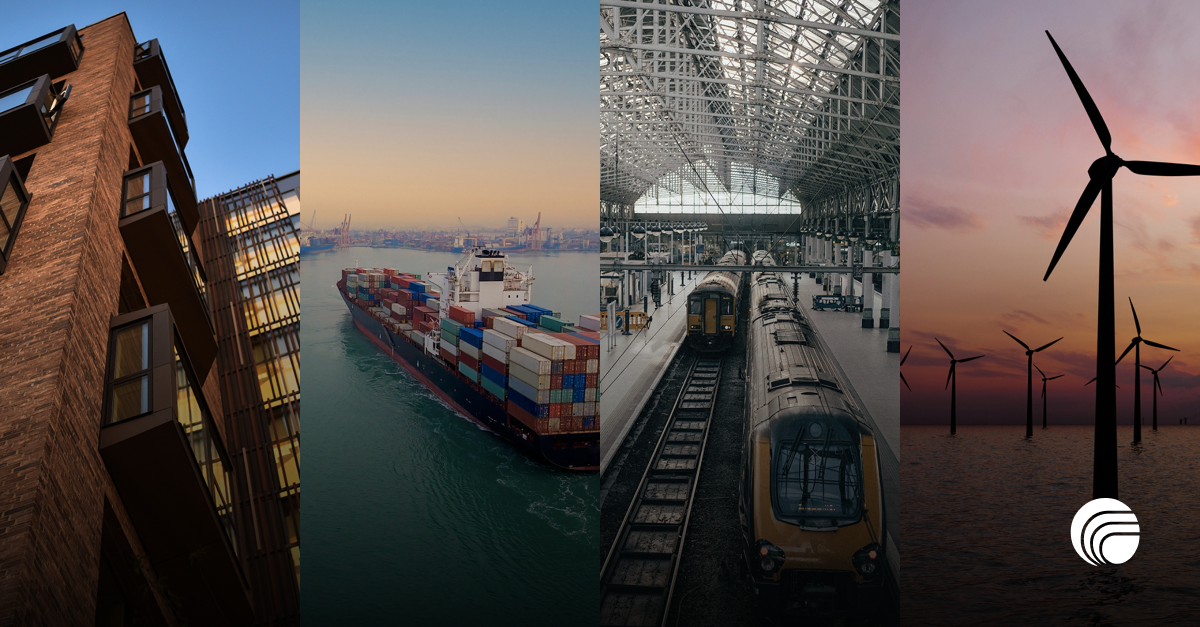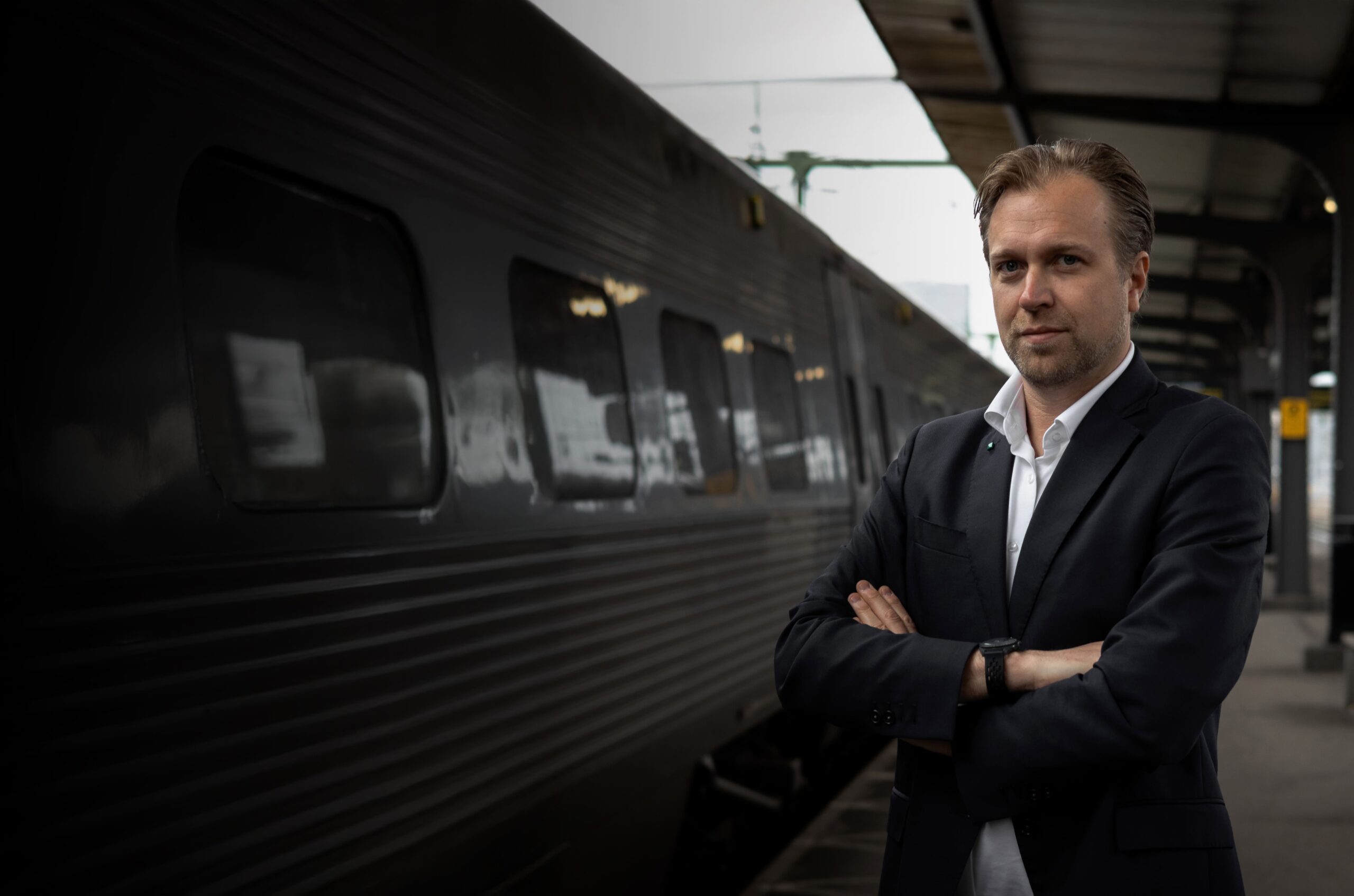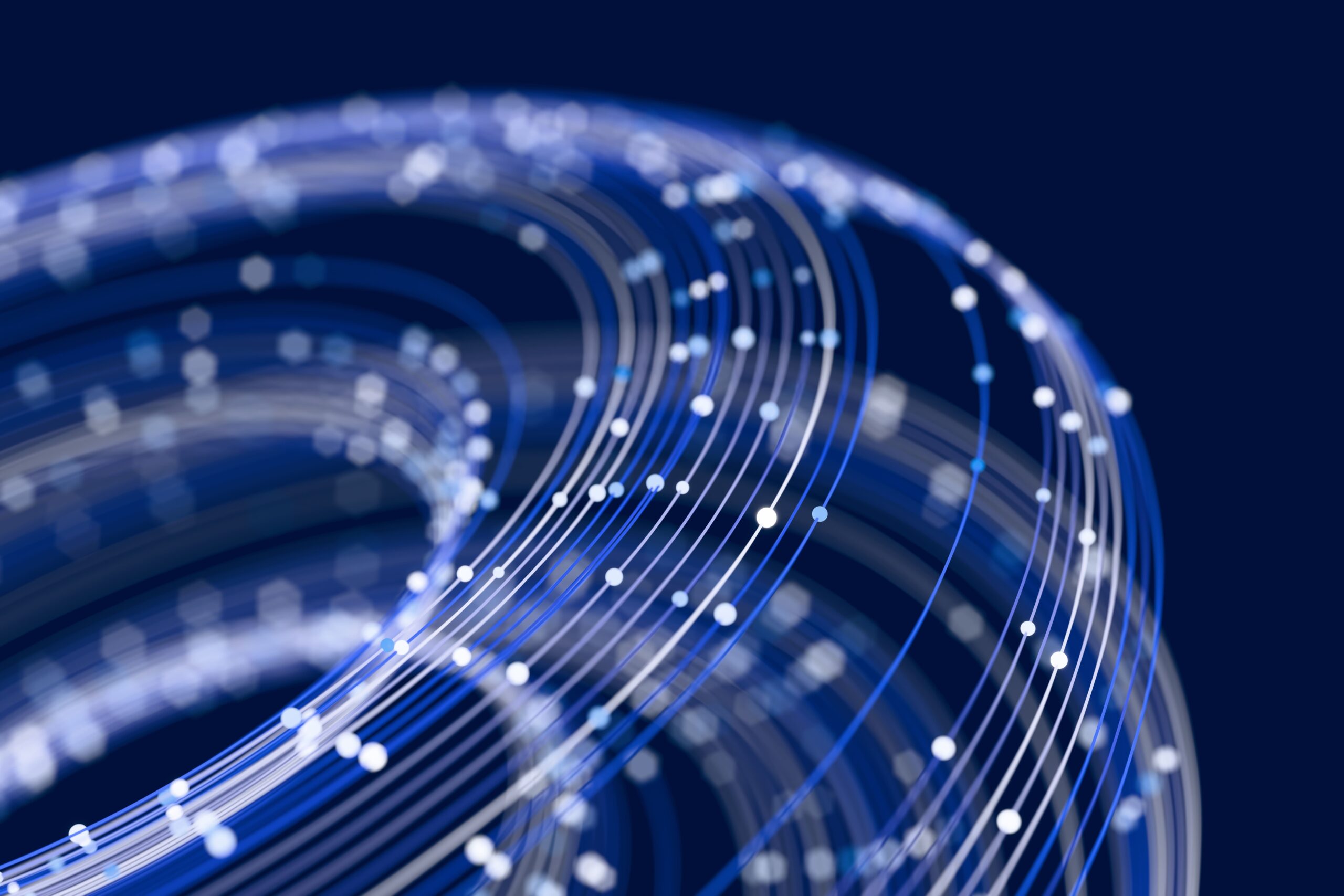Scrubbers are becoming common in retrofit to reduce sulphur due to new regulations. With non-contact emission monitoring from Consilium, you get the data needed to prove compliance to the administration.
Non-contact technology
Reducing ship emissions is a top priority for IMO (International Maritime Organization). In environmental control areas, ships must use fuel with less than 0.1 per cent sulphur content, and from 2020 there will be a worldwide limit of 0.5 per cent sulphur in fuel. Scrubbers help reduce emissions, but which technology should you go for when it comes to monitoring?
Consilium uses a non-contact technology for emission monitoring of sulphur, carbon dioxide and many other relevant gases. No contact with the exhaust gases makes the system perfect in the harsh environment after the scrubber. The technology is certified according to DNV (Det Norske Veritas), and the system is called Consilium OPSIS M800.
High uptime
Consilium OPSIS M800 is based on a cross stack monitoring that detects and counts all the emission molecules passing by the beam of light through the stack. No sampling of gas is required, and the measurement is done instantly. What is more, there is no risk of clogging or contamination. Our statistics show an average uptime of close to 100 per cent for this emission monitoring system. A fantastic figure considering the extremely tough environment where it is placed.
Non-contact technology and no sampling also contribute to easy installation, low energy consumption and minimal maintenance. The result is a low lifetime cost. The staff on the ship are able to change the xenon light in the emitter. Should you need more help than that, Consilium is represented in more than 29 countries including all the major ports in the world.
Stay tuned
In our next newsletter, we will go into the details of ships run by LNG – another way to reduce sulphur and other emissions. The emissions are so low that you do not need a monitoring system, but what you do need is a system for reliable detection of LNG leakages before they cause significant trouble. In the meantime, feel free to contact us if you have any questions on emission monitoring from Consilium or to arrange a meeting.
Talk safety with us
There are thousands of questions regarding safety. But there are also thousands of answers. Talk safety with us – we are ready when you are.



